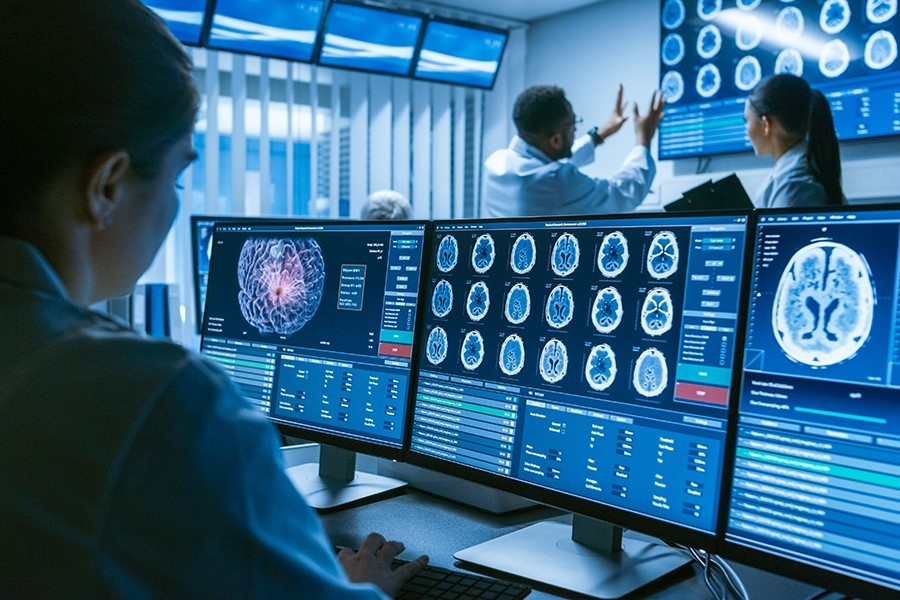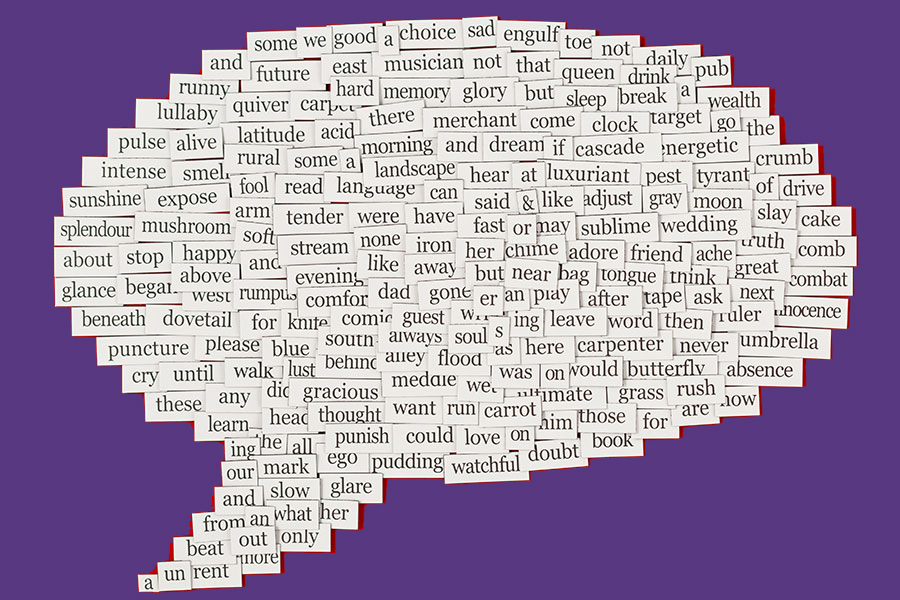AI maps psychedelic 'trip' experiences to regions of the brain – opening new route to psychiatric treatments
Pinpointing the molecular targets behind the subjective effects of psychedelic drugs could help clinicians and researchers better treat psychiatric conditions.
March 16, 2022 • ~6 min
An AI expert explains why it's hard to give computers something you take for granted: Common sense
Common sense is a broad and diverse set of abilities that help define what it means to be human. AI researchers are struggling to endow computers with it.
Aug. 17, 2021 • ~9 min
New York City or Los Angeles? Where you live says a lot about what and when you tweet
An AI analysis shows that differences in how New Yorkers and Angelenos tweet go beyond the words they use.
July 2, 2021 • ~8 min
Study shows AI-generated fake reports fool experts
Bots flooding social media with fake news about politics is bad enough. Muddying the waters in such fields as cybersecurity and health care could put lives at risk.
June 7, 2021 • ~10 min
'Can I see your parts list?' What AI's attempted chat-up lines tell us about computer-generated language
Endearing and amusing, AI's faltering attempts at flirting show how far computer-generated language has come.
April 28, 2021 • ~7 min
How technology can combat the rising tide of fake science
The internet has allowed pseudoscience to flourish. Artificial intelligence could help steer people away from the bad information.
March 9, 2020 • ~8 min
/
4








